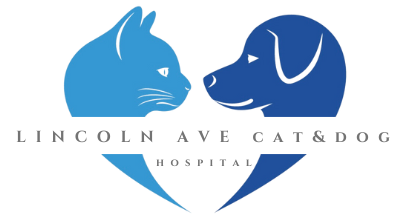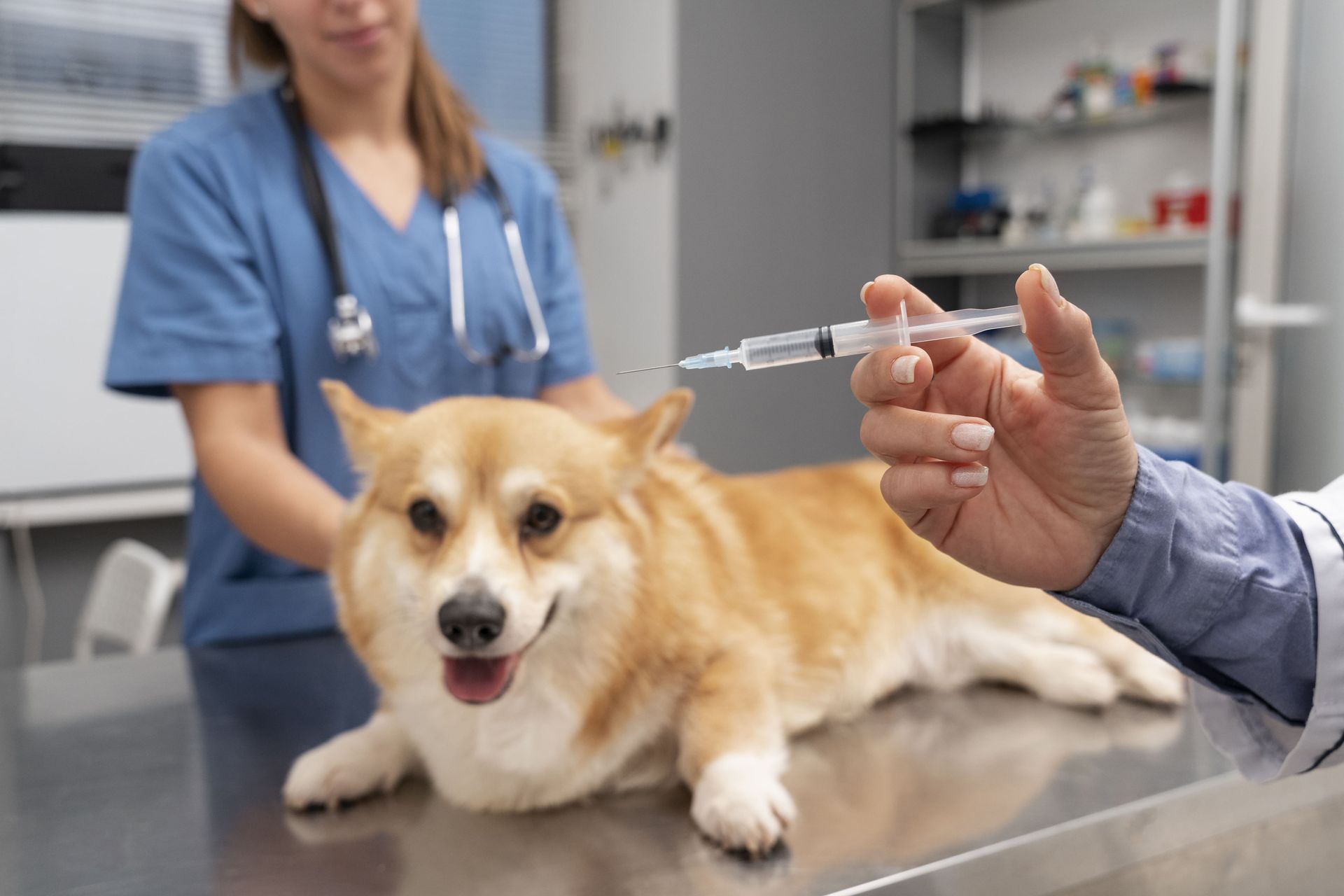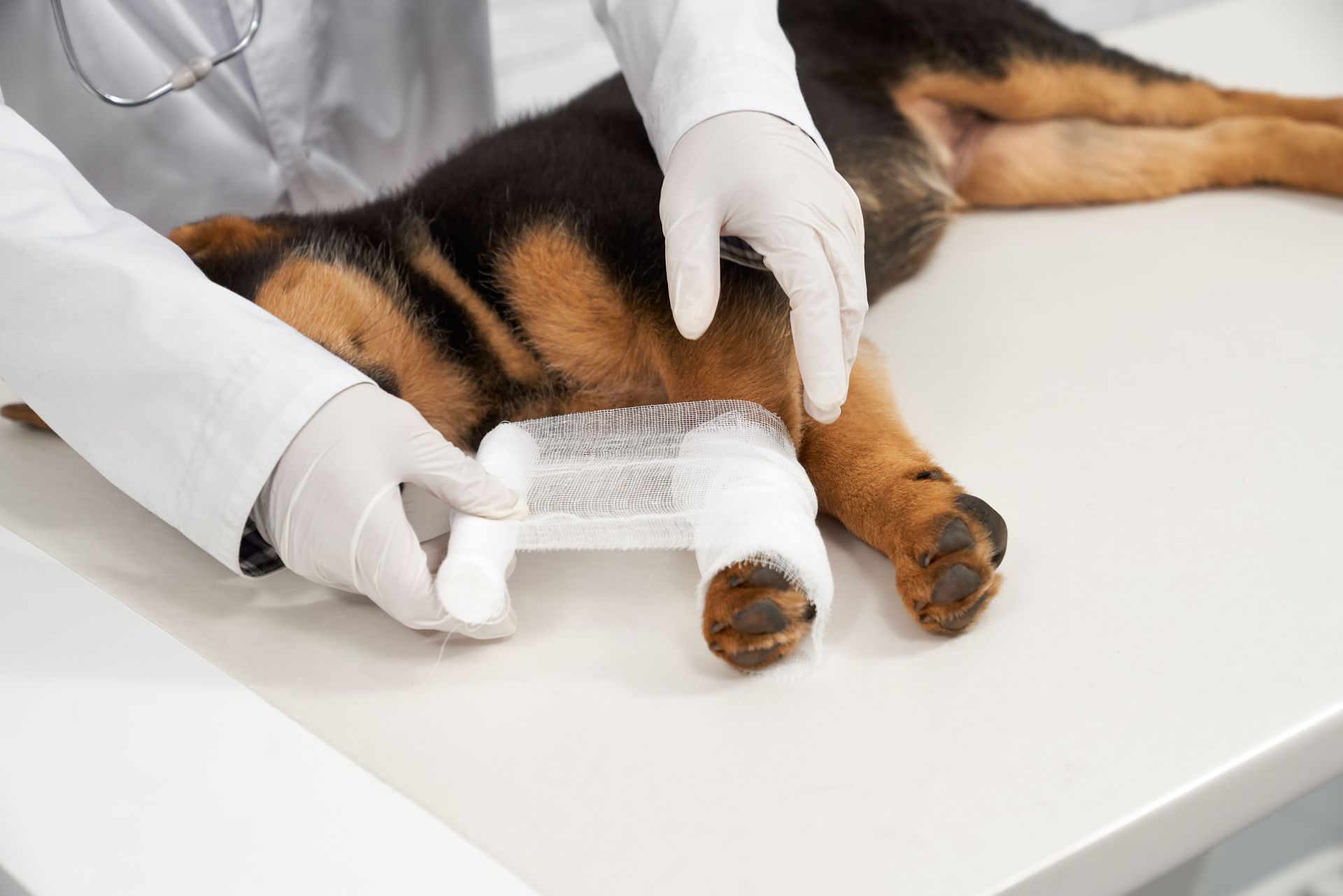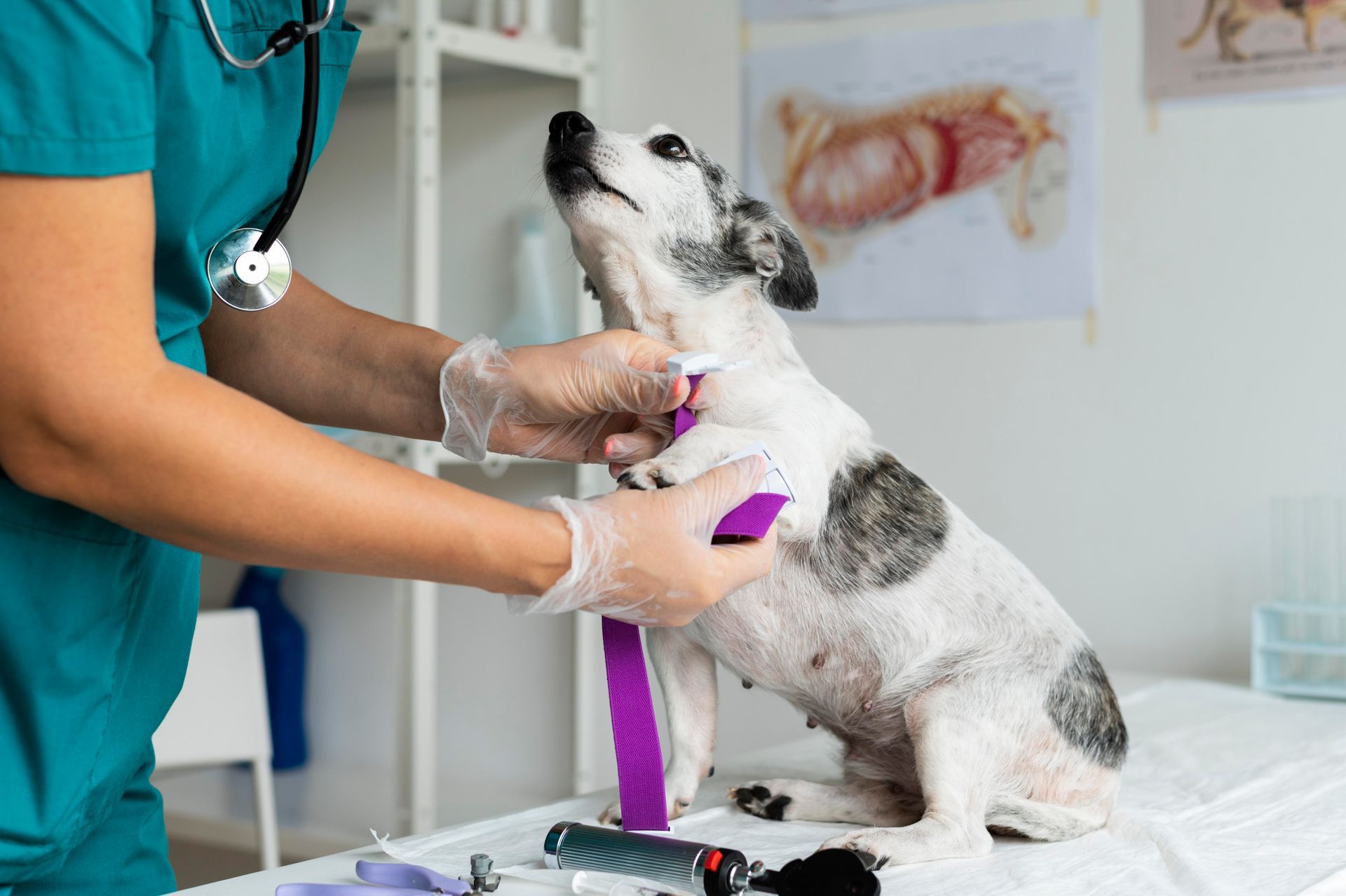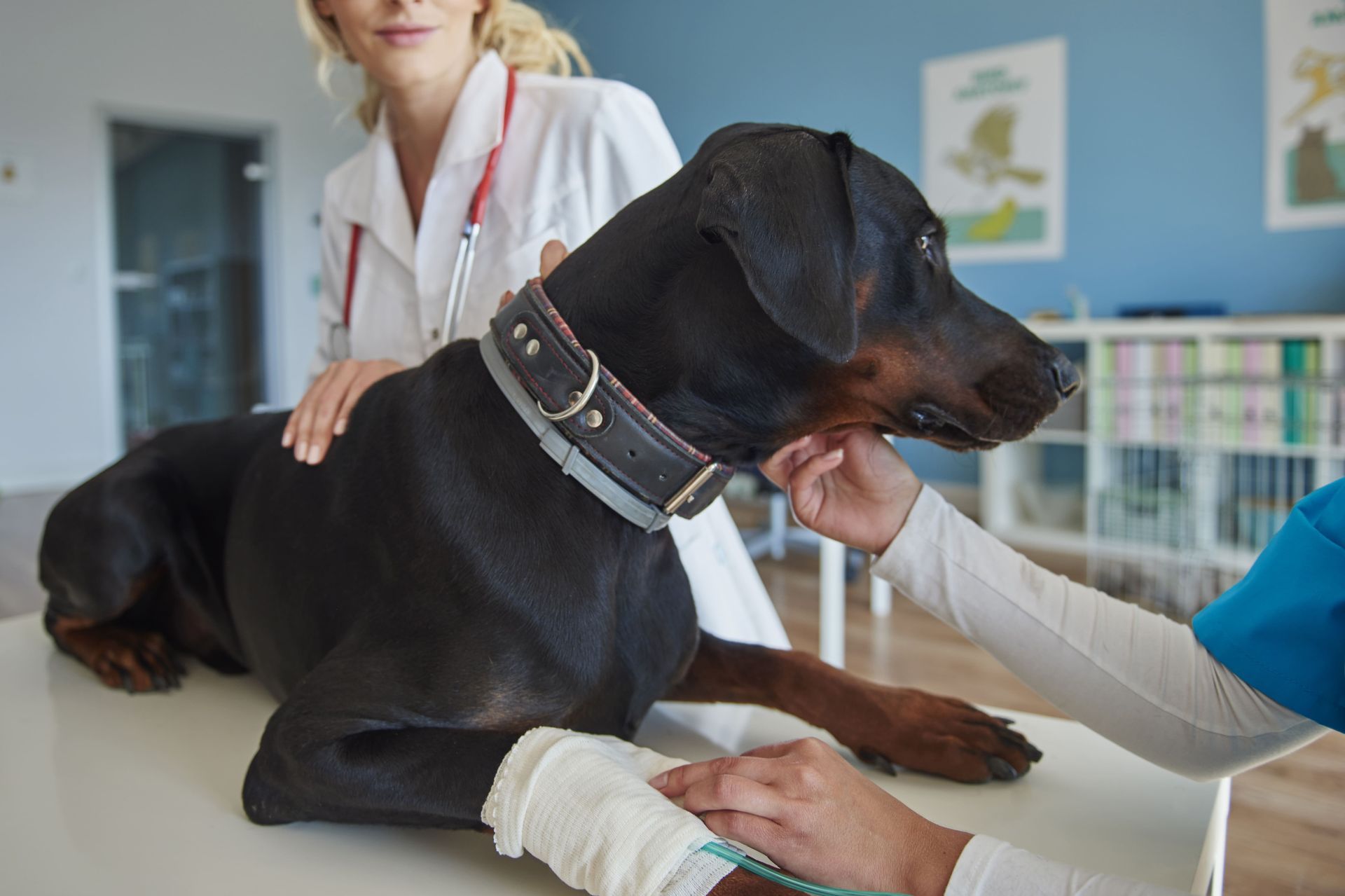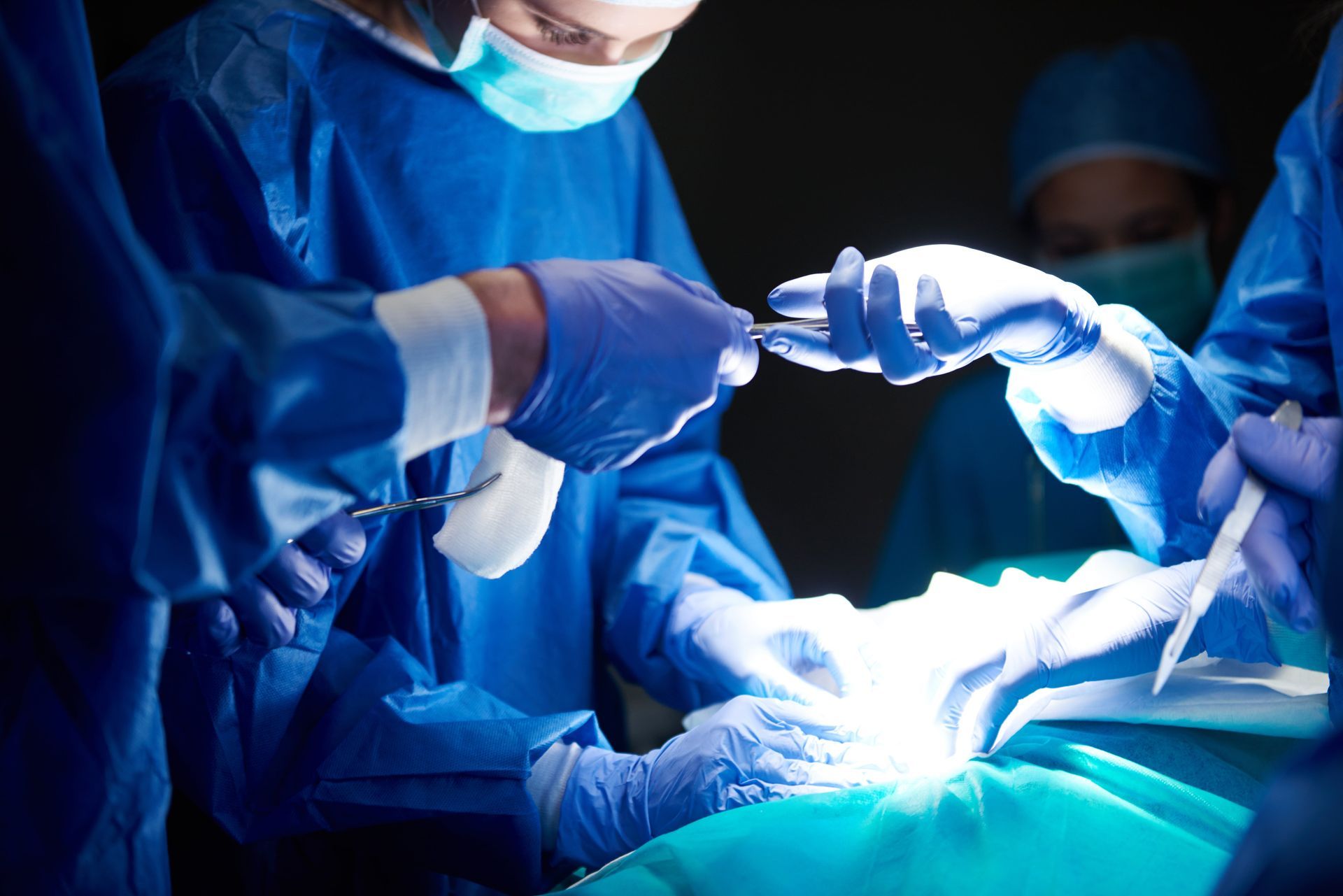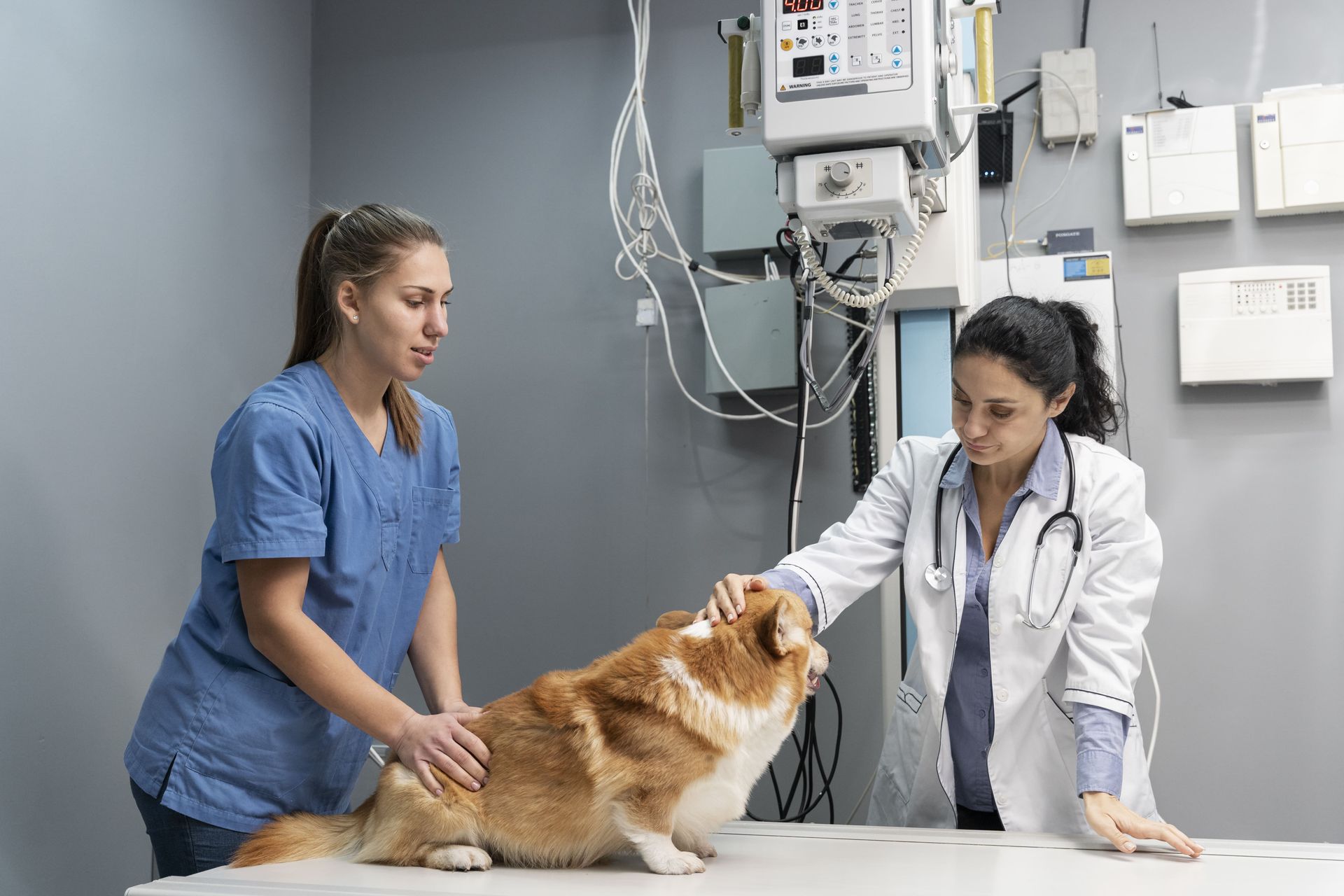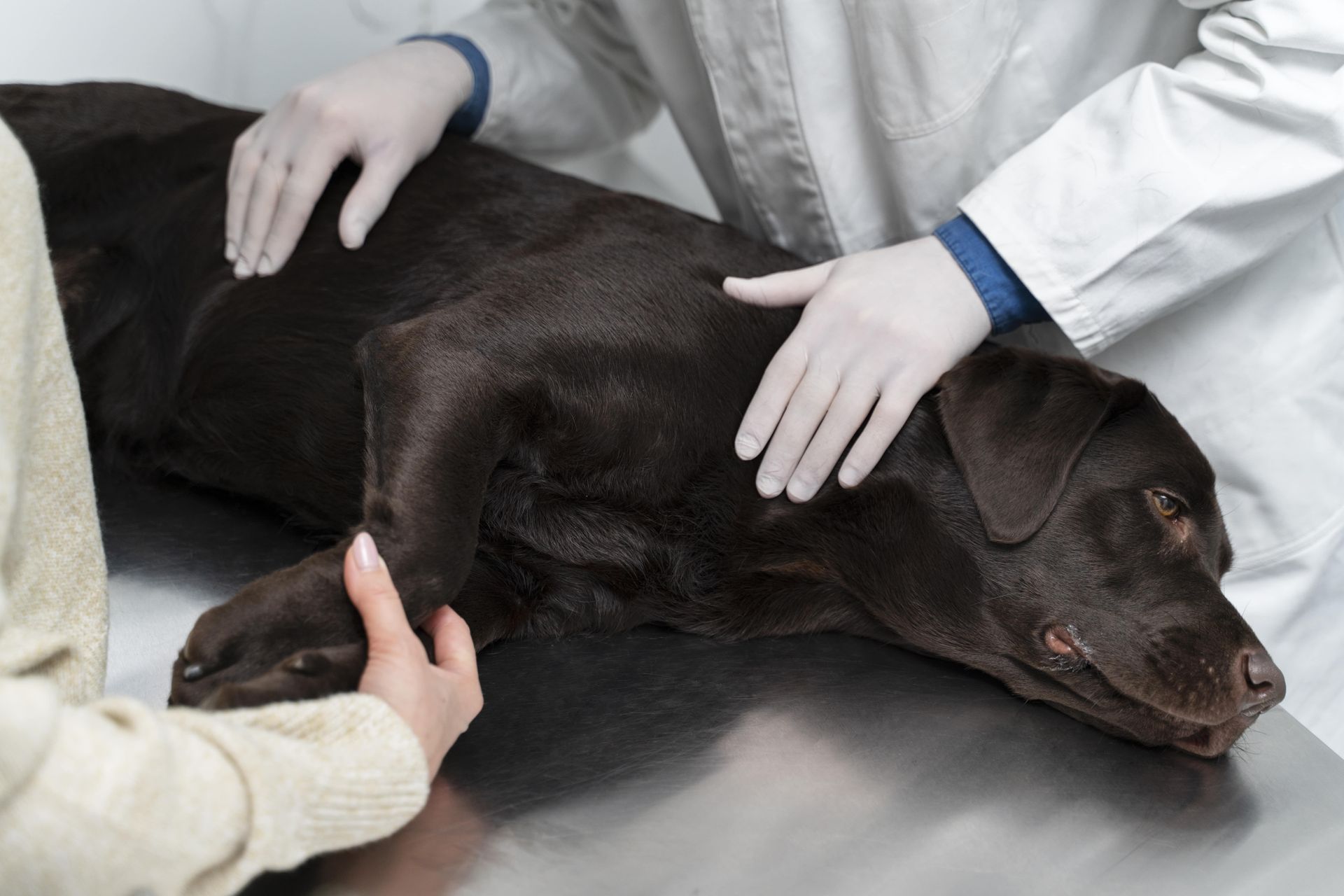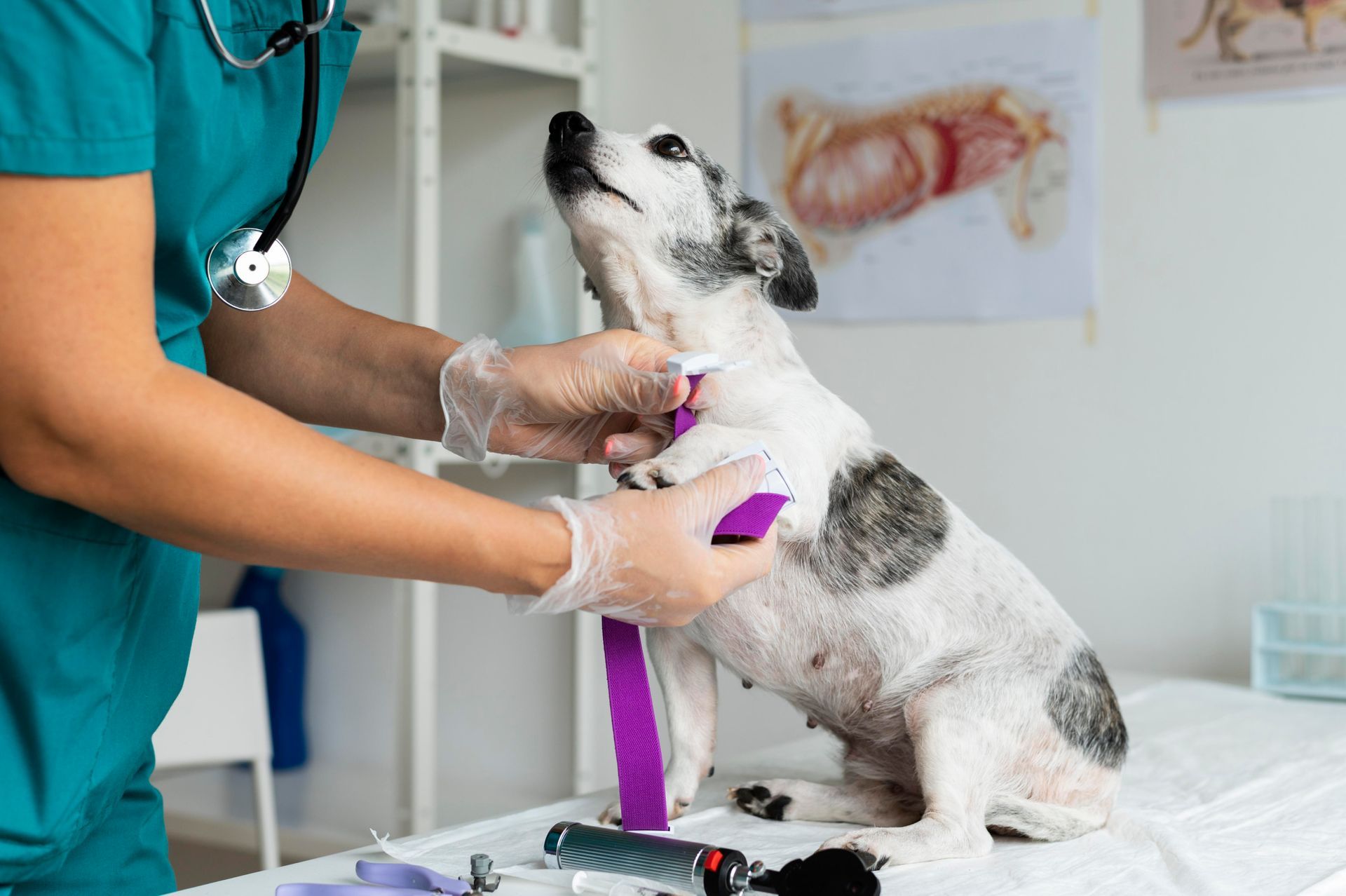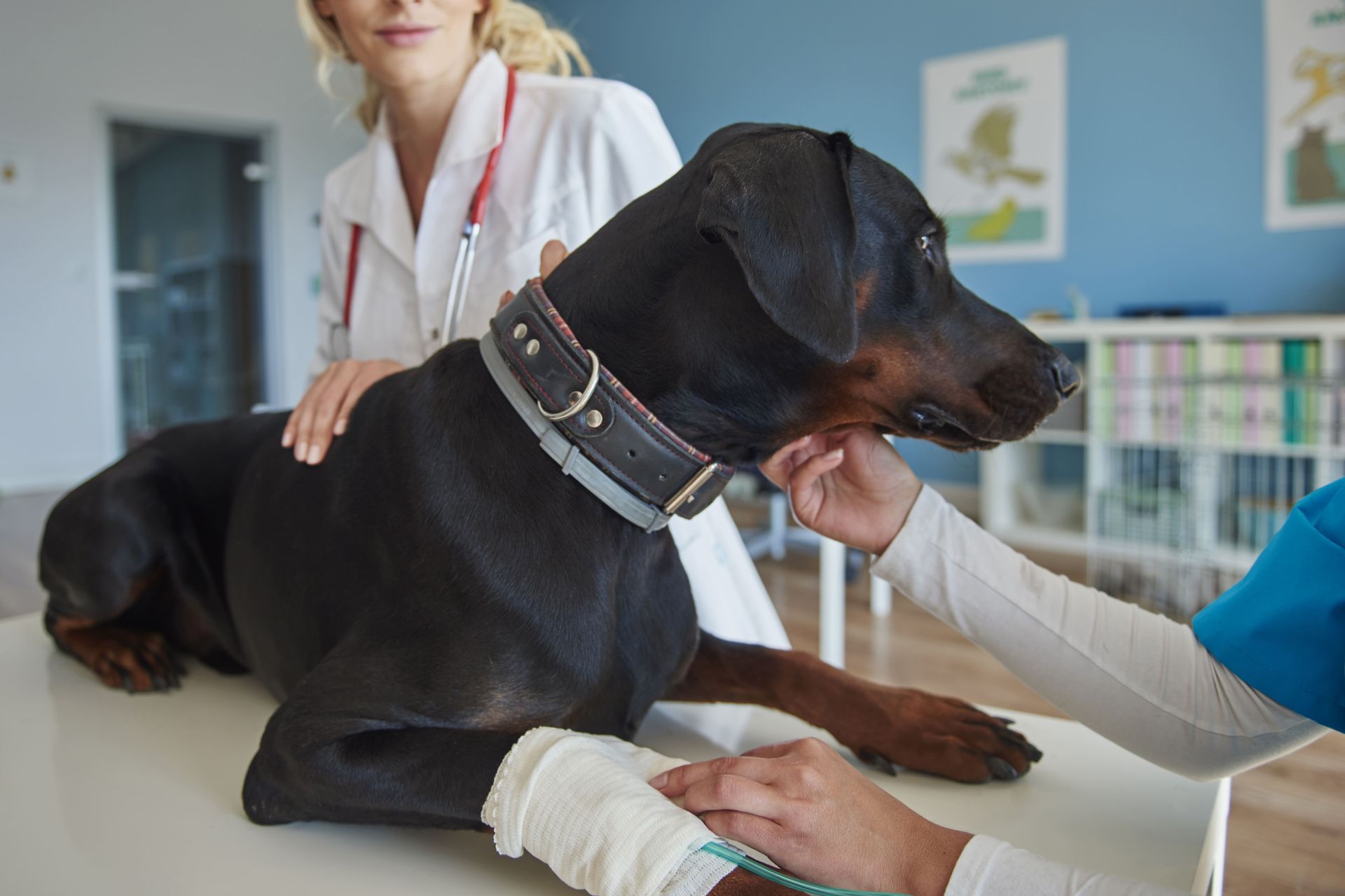Cat Dentist Tips: Keep Your Feline’s Smile Bright & Healthy
When it comes to pampering our pets, most of us are quick to splurge on toys, treats, and grooming sessions. But there’s one critical aspect of feline care that often gets brushed aside: dental health. Yes, your cat’s pearly whites need just as much love as their luxurious fur coat! Beneath that adorable yawn or playful bite could be lurking plaque, tartar, or even painful gum disease. And here’s the kicker: by the age of two, nearly 80% of cats show signs of dental issues. That’s where a cat dentist steps in like a superhero in scrubs. In this blog, we’ll dive into expert-approved advice from feline dental specialists, helping you understand what it takes to keep your kitty’s smile sparkling and pain-free. From brushing techniques to signs you should never ignore, we’re covering it all. Because a healthy mouth equals a happy meow, and your feline deserves nothing less.
Understanding the Importance of Pet Dental Care
Just like humans, cats and other pets require regular dental care to prevent issues such as tartar buildup and gingivitis. Keeping your pet's teeth clean can help ward off more serious health problems in the future. Dental health is often overlooked in pets, but it's an integral part of their overall wellness. Without regular care, common dental diseases can arise, affecting a staggering 80% of cats by the age of two.
The importance of home dental care and professional dental check-ups cannot be overstated in preserving your pet's oral health. As any seasoned cat dentist would confirm, dental hygiene isn’t just about teeth—it’s about protecting your cat’s heart, kidneys, and immune system.
Comprehensive dental care doesn't just improve oral health; it enhances your pet's quality. When your pet's mouth is pain-free, they eat, play, and interact more happily. Regular brushing and veterinary check-ups minimize bacteria that can enter the bloodstream and cause significant health issues like endocarditis or kidney disease. At Lincoln Ave Cat & Dog Hospital, we offer professional cleanings as part of our dental services for pets, ensuring confidence in your pet's oral hygiene.
Recognizing Signs of Dental Problems in Cats
It's essential to recognize early signs of dental issues in your pet. Symptoms like bad breath, difficulty eating, and excessive drooling can indicate a problem. A cat dentist can help provide a proper diagnosis and treatment plan. While subtle, these signs should prompt an immediate visit to the vet.
Bad breath might be common among felines, but persistent changes indicate underlying health issues like periodontal disease. According to 5 Signs Your Pet May Need Dental Care, early intervention can prevent severe outcomes, such as loss of appetite and weight loss due to painful, inflamed gums.
Drooling, pawing at the mouth, or avoidance of dry food textures are classic indicators of dental distress. Cats are instinctively adept at hiding pain, meaning other medical problems might only surface through dental complaints. Furthermore, you might notice behavioral changes due to chronic discomfort. A skilled cat dentist can identify whether the symptoms point to mild gingivitis or something more advanced, offering your pet the relief it needs.
Routine Dental Care Tips for Your Furry Friend
Maintaining a routine can make a world of difference when it comes to your pet's dental health. Regular brushing, dental treats, and professional cleanings are key components of an effective dental care regimen. Introduce your pet to teeth brushing from a young age, using pet-specific toothbrushes and toothpaste to gently scrub away plaque. Consistency is key, and daily brushing is ideal.
Dental treats and chews supplement regular cleanings by reducing plaque buildup. These preventive measures not only minimize tartar accumulation but also keep your pet's breath fresh and pleasant. Professional dental cleanings at your vet are also crucial, as they allow teeth to be assessed and thoroughly cleaned under anesthesia for maximum safety and efficacy.
By following a consistent routine and scheduling regular visits with a trusted cat dentist, you ensure that your pet is receiving complete dental care
inside and out.
Choosing the Right Dental Products for Cats
Selecting the right dental products is crucial. From toothbrushes to toothpaste specifically designed for cats, using the appropriate tools can make dental care easier and more effective. Human toothpaste contains potentially toxic ingredients, so always opt for a pet-friendly variant containing enzymatic elements to break down plaque. Your veterinarian—or a certified cat dentist—can suggest brands suited to your feline's needs.
When choosing toothbrushes, consider finger brushes or angled-bristle brushes designed for small mouths. Introduce these gently, allowing your cat to get accustomed to their texture and taste. Establish a calm, stress-free environment to ease your pet into this new habit. Coupled with dental diets formulated to reduce plaque, these tools support a comprehensive home-based oral care strategy.
When to Consult a Cat Dentist
Knowing when to seek professional help is important. Regular check-ups with a cat dentist can ensure any potential issues are caught early and effectively dealt with, preventing more severe problems down the line. If signs like severe gum redness, bleeding, or loose teeth are noticed, it's imperative to seek dental advice without delay.
Professional cleanings are typically recommended annually, or more frequently for pets with pre-existing conditions. Advanced veterinary facilities like Lincoln Ave Cat & Dog Hospital
offer comprehensive dental services, from routine cleanings to surgical interventions for complex oral issues.
An early visit to a cat dentist can save significant stress and potentially costly procedures later, ensuring your pet's long-term health and comfort. Remember, expert care is crucial, and oral health reflects overall wellness in animals.
Ensuring a Lifetime of Healthy Smiles
By incorporating these expert tips into your routine, you can significantly improve your pet's dental health and overall quality of life. When your cat’s teeth are healthy, their whole body benefits—and so does their mood!
From brushing to professional cleanings, the role of a trusted cat dentist cannot be overstated. Preventive care today means fewer emergencies tomorrow. Keep an eye out for the small signs, stay consistent with home care, and always consult your veterinarian for personalized advice.
A healthy mouth equals a happy pet. Regular dental care is an essential part of ensuring your furry friend remains by your side, smiling for years to come.
FAQs
Q-1. How often should I take my cat to a cat dentist?
Ans: You should visit a cat dentist at least once a year. Cats with prior dental issues or older cats may need more frequent check-ups to monitor for tartar buildup, gum disease, or other oral health problems.
Q-2. Can I use human toothpaste on my cat?
Ans: No, human toothpaste contains fluoride and other harmful ingredients for cats. Always use a vet-recommended, pet-safe toothpaste with enzymatic properties that’s specifically formulated for feline dental care to ensure effective and safe oral hygiene.
Q-3. What signs indicate my cat might need to see a cat dentist?
Ans: Watch for bad breath, red or bleeding gums, excessive drooling, pawing at the mouth, difficulty chewing, and behavioral changes. These could signal gum disease or tooth pain, requiring a professional check-up by a cat dentist.
Q-4. Are dental treats enough to keep my cat’s teeth clean?
Ans: Dental treats help reduce plaque, but they aren’t enough alone. They should complement daily brushing and annual professional cleanings from a cat dentist to maintain your cat’s long-term oral health and prevent serious dental issues.
